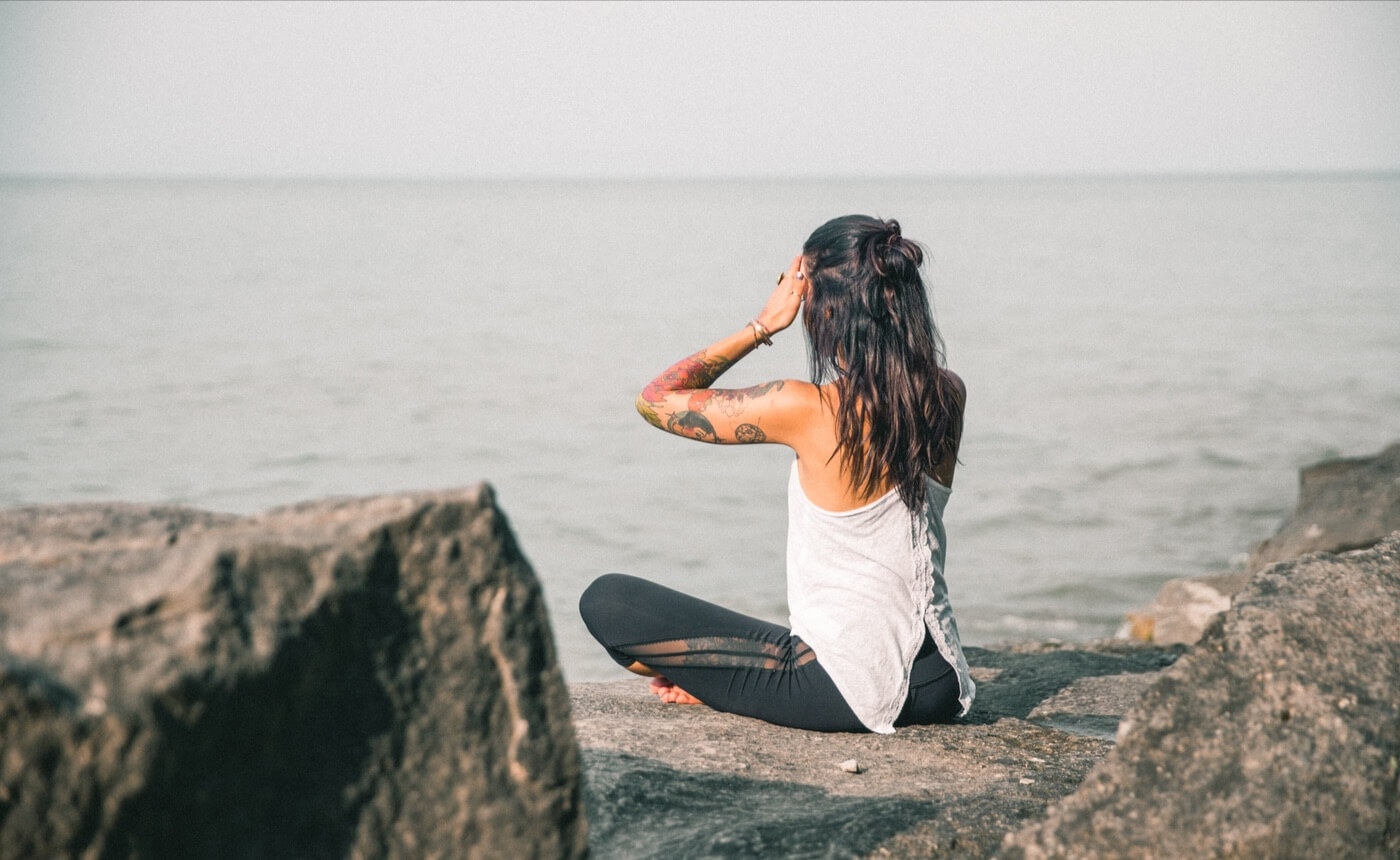I’ve been teaching meditation and yoga full time for five years now, after leaving a high-pressured career in journalism and PR after a series of life events which affected my mental health. I knew I needed to change direction. I have since taught meditation to over 15,000 children in schools.
Lots of people ask me how on earth I can teach four and five-year-olds to sit still and find moments of calm. My answer surprises many – children are actually far easier to teach than adults, and there is much we can learn to their approach to help our own mental health.
Here are ten lessons I’ve learnt from teaching children that we might be able to take and use to help our own mental health, and approach to meditation.

They don’t mind making time for themselves
Children are naturally inwardly-focussed, and put themselves first. As adults we might see this as selfish, but it is just that their brains haven’t matured yet. This means children are naturally more open to making time for themselves and do not see meditation as an indulgent practice or use of time; which is one of the most common obstacles I hear adults using.
They find it easy to focus on one thing at a time
If you’ve ever watched a small child playing with a toy car, ‘driving’ it along a groove of a wooden floorboard you’ll know they are ‘living’ that car ride; the sounds of the engine often being recreated. If you spoke to them, they would probably ‘ignore’ you. But perhaps they are just paying attention to the present moment on purpose without judgement – which so happens to be the definition of meditation, thus many children are natural meditators.
They have a positive outlook on life
Children have a default of happiness. Actually, we all do. But as adults, we forget this and take along the baggage of life, the layering of stress of the day which means we often forget about the positives. Children are a blank canvas, with all the positivity this brings.
There’s never really any rush to do anything or be anywhere
Walk alongside a young child and they will probably want to stop and look at every bug on every leaf or stroke every cat sitting on a wall. Children are not in a rush and would just quite like to enjoy the experience of walking as an experience in itself – not just as a journey to somewhere. Appreciating the small things in life is a powerful tool in helping us to feel better. And children are masters at it.
They have a natural state of wonder
Most of us adults who are rushing along the aforementioned child looking at a ladybird have to force ourselves to rediscover this sense of wonder at the world which we had as children. When did we forget to wonder? And when we do stop and look around us, don’t we always feel better for it?
They are not afraid to make mistakes
When we were at school, we were learning every single day. This resilience to the red pen when our work is graded by the teacher means we are used to having feedback and making ‘mistakes’ – we understand that this is how we learn. As adults we are groomed for perfection and become afraid to make mistakes. We forget that it takes time to learn and that we might not get things right the first time. When learning to meditate, it is a practice that we need to develop and learn. Children understand this.
They don’t have preconceptions of what meditation might be
So many adults I teach have preconceived ideas of what meditation is and will be, and sometimes, have decided it is not for them. Children are a blank canvas and if meditation is taught professionally and in an engaging age-appropriate way, it might just be the most important life lesson they will learn.
They have no barriers to their creativity
Every single week I feel lucky to be working with children and young people because their imagination knows no bounds. They often have the most creative experiences and will articulate the most amazing visualisations they have had during their meditation, without any barriers to their creativity.
So often as grown-ups we are restricted by who we think we should be, how we think we should act and respond and therefore our true creativity is lost.
They have a natural connection to nature
Children love to be outside in all weathers, experiencing the natural world which as we all know. It’s great for our mental health: fresh air, open spaces, exercise, greenery, it’s all good stuff. Any opportunity to be outside – grab it! Even if you don’t feel like it.
They naturally live in the now
Children rarely live in the past or worry too much about the future, they are living in the moment. They don’t carry grudges for long if at all, don’t go over things in their mind which have happened and do not plan ahead with great expectations. They are accidentally mindful most of the time.
So it seems when it comes to our mental health and wellbeing, we can learn so much from children and young people.
Lucy’s online meditation sessions for grown-ups, which have been featured widely in the Guardian, are available to sign up to through Meditation Rocks. She has also launched The School of Meditation Rocks, providing weekly creative and engaging mindfulness and meditation videos each week for Primary schools across the UK.



